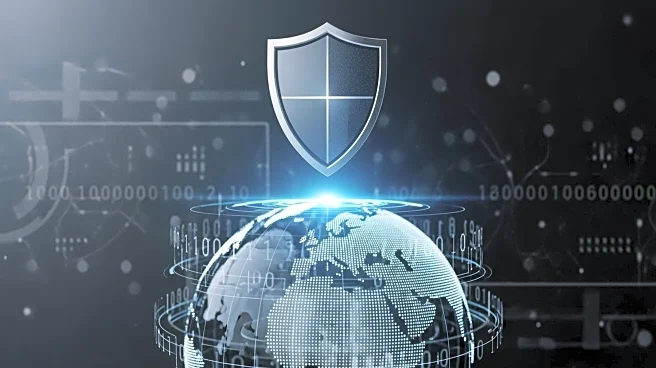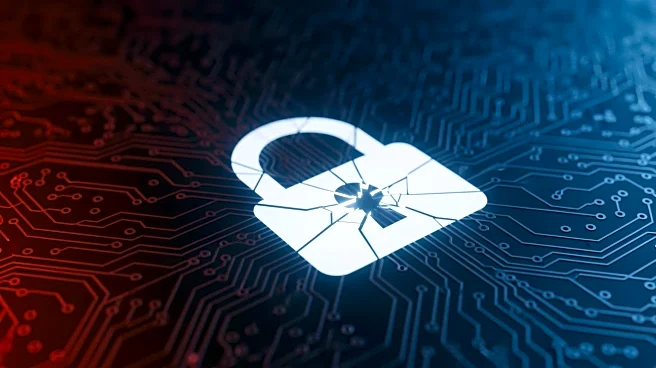What's Happening?
National Cyber Director Sean Cairncross has emphasized the need for the United States to counter China's efforts to expand its surveillance capabilities globally. Speaking at the 2025 Meridian Summit in Washington, D.C., Cairncross highlighted the importance
of promoting a 'clean American tech stack' to combat China's influence. He criticized the current U.S. approach, stating that it has not effectively signaled to China that its cyber activities are unacceptable. Cairncross pointed out that these activities pose a threat to U.S. critical infrastructure and strategic decision-making. He also mentioned that the upcoming national cybersecurity strategy under President Trump will focus on setting a clear posture for the U.S. in the cyber domain, with actionable items to support this strategy.
Why It's Important?
The remarks by Cairncross underscore the growing concern over Chinese cyber activities, which have significant implications for U.S. national security and technological leadership. By advocating for a stronger stance against these threats, the U.S. aims to protect its critical infrastructure and maintain strategic stability. The push for a 'clean American tech stack' reflects efforts to safeguard technological advancements and prevent foreign interference. This initiative is crucial for ensuring the integrity of U.S. cyber systems and supporting global partners seeking assistance in countering surveillance threats. The renewal of the Cybersecurity Information Sharing Act of 2015 is also vital, as it facilitates the sharing of cyber threat data, enhancing collective security measures.
What's Next?
Cairncross has called on Congress to renew the Cybersecurity Information Sharing Act of 2015 for another decade, highlighting its importance in protecting legal frameworks for cyber threat data sharing. The act's expiration has raised concerns among private sector stakeholders and cyber experts. Additionally, the National Security Council under President Trump is expected to support Cairncross's efforts by providing the necessary 'battle space' for the Office of the National Cyber Director to fulfill its mission. The CSC 2.0 has recommended strengthening the office's authority, which could lead to legislative actions aimed at bolstering its capabilities.
Beyond the Headlines
The focus on countering Chinese surveillance efforts may lead to broader discussions on international cyber norms and the ethical implications of surveillance technologies. As the U.S. seeks to establish a 'clean tech stack,' there may be increased scrutiny on the ethical use of technology and the balance between security and privacy. This development could also influence global tech policies, encouraging other nations to adopt similar measures to protect their infrastructure from foreign surveillance.















